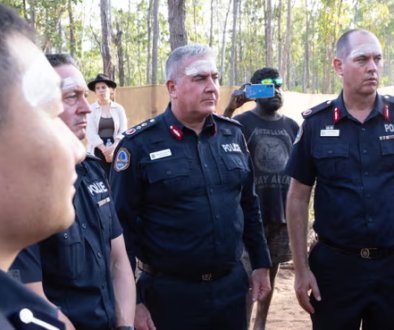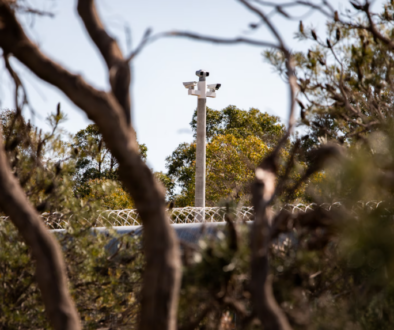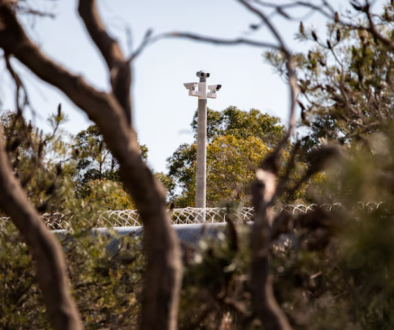Former Australian of the Year hits back at McGowan at emotional Banksia Hill panel
Former Australian of the Year Fiona Stanley has described Premier Mark McGowan as a liar while criticising his continued hard-line rhetoric around Banksia Hill Detention Centre detainees despite knowing most children there had significant mental health issues exacerbated by poor treatment.
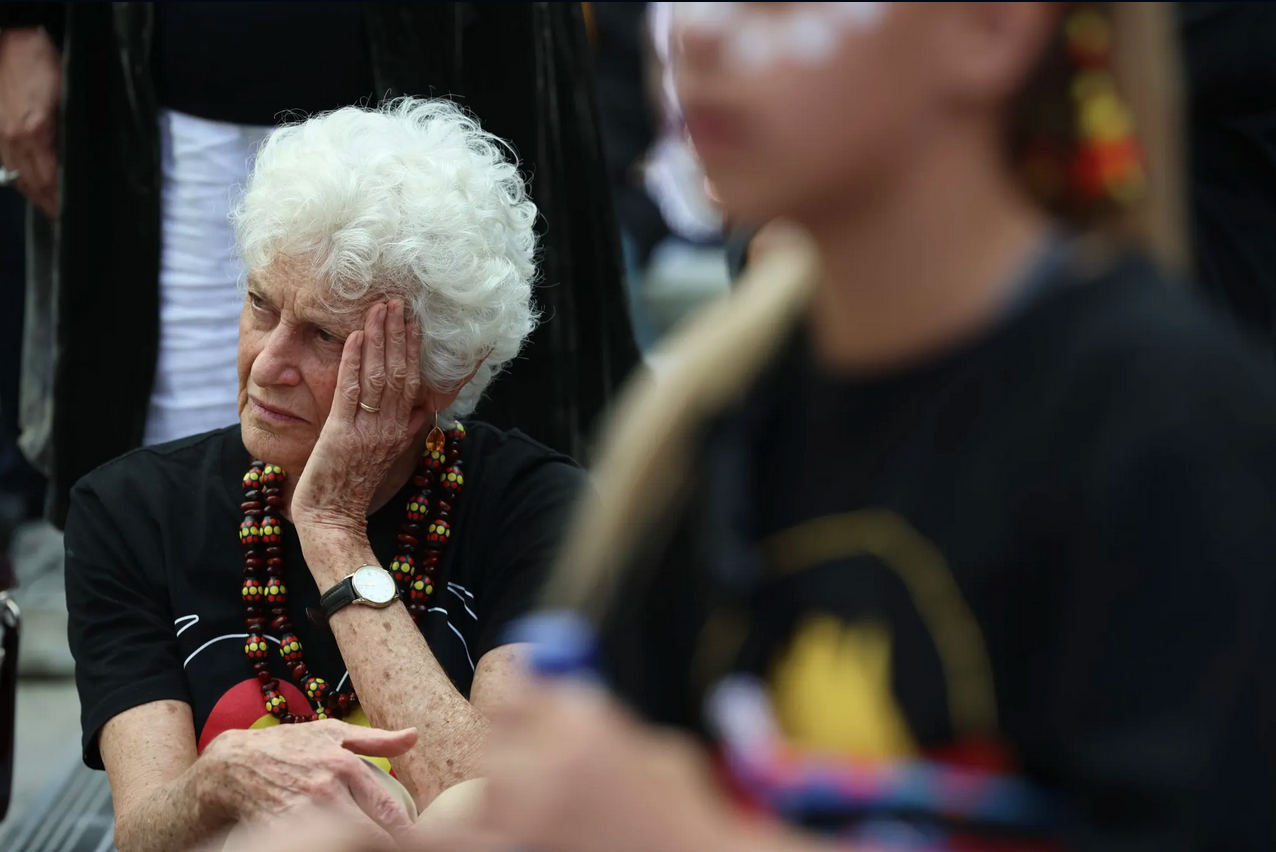
Stanley made the comments at a symposium in Perth on Friday afternoon alongside the McGowan government’s biggest critics of its youth justice system including former Children’s Court judge Denis Reynolds, National Suicide Prevention and Trauma Recovery director Megan Krakouer and Greens MLC Brad Pettit.
It was also revealed at the forum that the state government offered to run a Royal Commission into Banksia Hill if lawyers running a class action lawsuit with current and former detainees suspended the action.
In the face of doubling down by the government over the past three months that it was running a tight ship in youth justice, the symposium focused heavily on how the government attempted to shift the blame for disturbances at Banksia Hill onto the detainees.
The panel all agreed the government ignored that behavioural issues were being made worse because the centre was keeping children with severe mental health and neurological issues such as Fetal Alcohol Spectrum Disorder unlawfully locked down for sometimes 22 hours a day.
At one stage of the symposium Stanley teared up when discussing the lack of hope of remediation of children going through WA’s justice system because of their treatment in Banksia Hill and at Unit 18 in Casuarina Prison.
She took a swipe at the government’s recent commentary around Banksia Hill which she said ignored scientific evidence.
“Nearly 90 per cent of kids in Banksia have got significant neurological problems, behavioural problems, that make it very, very difficult for them to obey orders, or to not be frightened or not to behave in ways that you might call antisocial,” she said.
Stanley has not spoken publicly since last year’s war of words with McGowan and Corrective Services Minister Bill Johnston over what was said at a meeting about Banksia Hill in November.
In an opinion piece published a week after the meeting in The West Australian, Stanley wrote that Johnston told the meeting the government didn’t want to hire Aboriginal people because they would be “upset”, and was instead recruiting African staff.
She also refuted claims by McGowan that no one at the meeting wanted an independent inquiry into Banksia Hill.
Both McGowan and Johnston took issue with Stanley’s comments with Johnston hinting at a possible legal complaint against her but nothing has eventuated.
On Friday Stanley described the premier as a liar.
“We’ve already talked about how bad that treatment is. To exacerbate that, my worry is that they’re not going to be able to be remediated,” she said.
“You really do need to treat these kids in very special ways and it’s still cost-effective, because you’re going to prevent all those costs further down the track.
“I’ve been called a liar by the premier, I guess I can say the same thing about him.”
The lawyer in charge of the class action lawsuit Stewart Levitt, from Sydney law firm Levitt Robinson, told the symposium that the government had offered to run a Royal Commission into youth justice matters if his firm paused the class action.
Levitt said they declined the offer because they would get more effective results and effect more change at Banksia Hill through the courts.
McGowan has previously rubbished the idea of a Royal Commission or inquiry, describing it as a talkfest.
A spokesman for McGowan denied that any such offer had been made.
McGowan said his government was focused on tangible outcomes in juvenile justice, pointing to $100 million in additional investment.
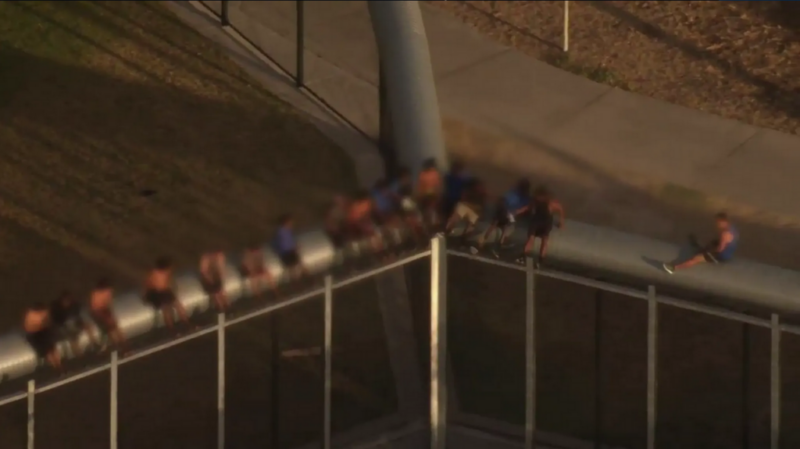
This included $10 million for expanded mental health services and support programs, $30.9 million for infrastructure upgrades at the centre and $22 million for staffing expansion.
“The new funding is on top of the additional $25.1 million allocated in the 2022-23 Budget for Banksia Hill – which included funding a new Crisis Care Unit and a new Aboriginal Services Unit,” he said.
“Alongside our $15 million investment into an on-country residential facility in the Kimberley, this brings our investment over the past 12 months into youth justice to more than $100 million.”
McGowan also pointed to intervention programs such as the Target 120 and Home Stretch programs.
“The state is spending hundreds of millions of dollars on early intervention programs to support young people and families, but at the end of the day, this is a joint responsibility,” he said.
“These are complex issues and there are no overnight fixes, but we’re getting on with tackling the problem – rather than just talking about it.”

